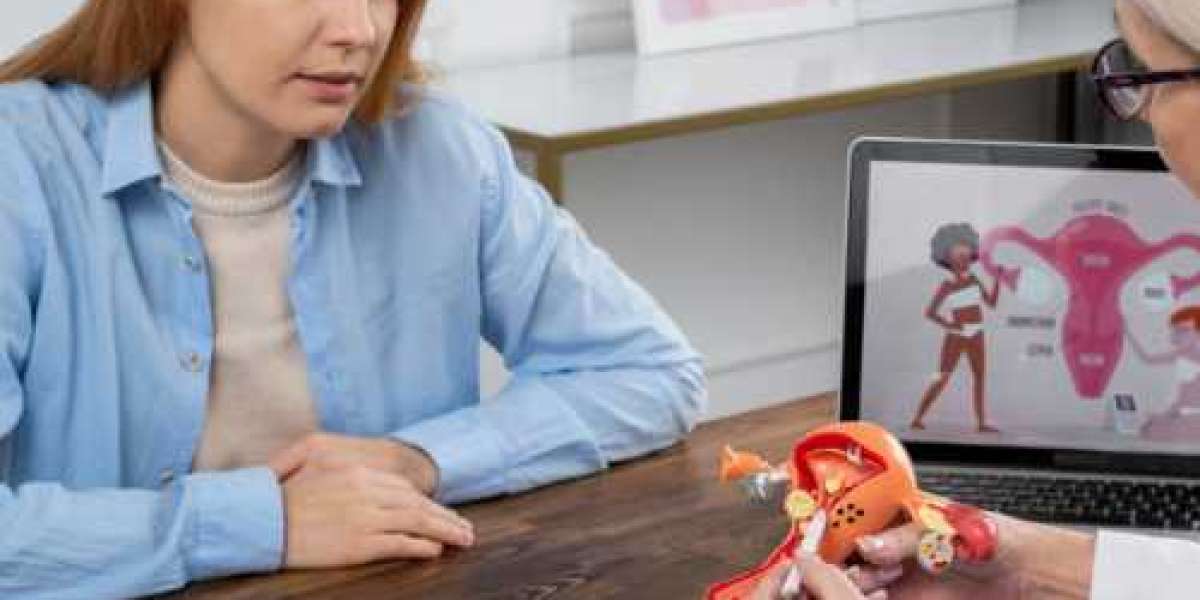Endometriosis is a common yet complex condition that affects millions of women worldwide, often impacting their ability to conceive. While it can be a challenging journey, understanding the link between endometriosis and fertility can help women make informed decisions and find the right path toward achieving pregnancy.
What Is Endometriosis?
Endometriosis occurs when tissue similar to the lining of the uterus grows outside of it, often on the ovaries, fallopian tubes, or pelvic walls. These growths can cause inflammation, scarring, and adhesions that lead to chronic pelvic pain, heavy periods, and fertility challenges.
How Endometriosis Affects Fertility
The relationship between endometriosis and fertility is multifaceted. The condition can interfere with conception in several ways:
Blocked fallopian tubes: Scar tissue or adhesions may prevent the egg from meeting the sperm.
Ovarian involvement: Endometriomas (cysts caused by endometriosis) can damage ovarian tissue and affect egg quality.
Inflammation: The inflammatory environment can disrupt ovulation, fertilization, or embryo implantation.
Pelvic anatomy distortion: Structural changes in the pelvis can make it difficult for the reproductive organs to function properly.
Despite these challenges, many women with endometriosis can still conceive naturally or with medical assistance when treated appropriately.
Diagnosis and Evaluation
Accurate diagnosis is essential for managing endometriosis and fertility concerns. A specialist may recommend:
Pelvic exams and imaging tests such as ultrasound or MRI.
Laparoscopic surgery for direct visualization and precise diagnosis.
Early detection allows for tailored treatment plans that improve both symptom relief and reproductive outcomes.
Treatment Approaches for Endometriosis and Fertility
The right treatment depends on the severity of the condition, symptoms, and reproductive goals. Options may include:
Laparoscopic excision surgery: Removes endometrial growths and restores pelvic anatomy, often improving natural fertility.
Fertility treatments: Procedures like in-vitro fertilization (IVF) or intrauterine insemination (IUI) can assist women who face conception difficulties.
Hormonal management: Helps reduce inflammation and control endometrial growth, preparing the body for future pregnancy.
Lifestyle and nutrition support: Maintaining a healthy diet and managing stress can positively influence reproductive health.
Emotional and Physical Support
Dealing with endometriosis and fertility issues can be emotionally taxing. Support groups, counseling, and open communication with healthcare providers play an important role in maintaining emotional well-being throughout the journey.
Conclusion
Understanding endometriosis and fertility is the first step toward regaining control and hope. With the guidance of experienced specialists, individualized care, and advanced treatment options, women can overcome the challenges of endometriosis and move closer to achieving their dream of motherhood.








